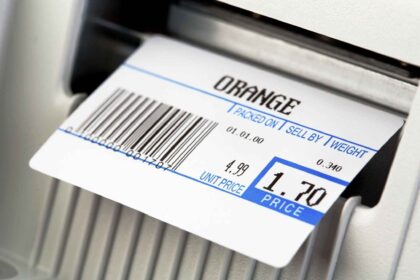Are you concerned about the security of your website? With cyber threats becoming more prevalent daily, it’s essential to protect your online presence. One way to do this is by obtaining a Comodo SSL certificate. But what exactly is Comodo SSL, and how can it benefit your website?
In this blog post, we’ll explore the power of Comodo SSL certificates and show you how they can unlock enhanced website security for your business. So buckle up and get ready to learn!
Contents
What is Comodo SSL?
Comodo SSL is a digital certificate that provides secure communication between websites and web users. It uses encryption to protect sensitive data, such as credit card information or login credentials, from unauthorized access. When a website has an SSL certificate Comodo installed, the URL displays “https” instead of “http,” indicating that it’s secured with SSL.
SSL certificates come in various types, including:
- organization validation (OV)
- domain validation (DV)
- extended validation (EV)
Each type offers different levels of security and verification
In addition to providing strong encryption for your website’s data, Comodo certificate offers additional features like site seals and warranties. The site seal lets visitors know that your website is verified with SSL.
And if anything goes wrong with your certificate due to a technical issue on Comodo’s end, their warranty will cover any losses incurred as a result. Using a Comodo SSL certificate can help enhance your website’s security while also building trust with your customers.
Why Use A Comodo SSL Certificate?
Using a Comodo SSL Certificate offers several benefits that make it an important investment for website owners. Firstly, it provides encryption to the data being transferred between the user’s browser and the web server, ensuring that sensitive information such as login credentials and credit card details are kept secure. This builds trust with users who can be confident that their personal information is safe from potential hackers.
Secondly, having a Comodo SSL Certificate on your website enhances its credibility as it verifies your website’s identity and authenticity by displaying a padlock icon in the URL bar of visitors’ browsers. Additionally, when you install an EV SSL certificate (which requires additional validation), your organization name will be displayed next to the padlock icon providing further reassurance to users.
Google considers HTTPS protocol encryption as one of its ranking factors; therefore, using a Comodo SSL Certificate can help improve your website’s search engine ranking leading to more visibility and traffic opportunities.
Step By Step Instructions To Get A Comodo SSL Declaration

Getting a Comodo SSL endorsement is direct and simple. In the first place, you really want to choose the sort of endorsement that best suits your site’s requirements, like single space or special case SSL. Whenever you have picked the right authentication, you can buy it from an approved affiliate. The costs differ contingent on the degree of safety and highlights presented by each SSL declaration.
Subsequent to buying the SSL Declaration, you should create an Endorsement Marking Solicitation (CSR) from your web server. This interaction fluctuates depending on which web server programming is utilized. The subsequent stage is to present the CSR alongside some extra data about your association for confirmation purposes.
You will be given another SSL certificate whenever this is finished effectively. Introduce the recently given declaration onto your web server and design it accurately with the goal that guests can get to your website safely over the HTTPS convention.
Conclusion
Website security is crucial for any business that operates online. The use of a Comodo SSL certificate not only provides protection to your customers’ valuable data but also gives them peace of mind knowing that they are interacting with a secure and trustworthy website.
By obtaining a Comodo SSL certificate and using it on your website, you can ensure that your customers’ information remains confidential, safe from hackers, and protected against phishing attempts.




